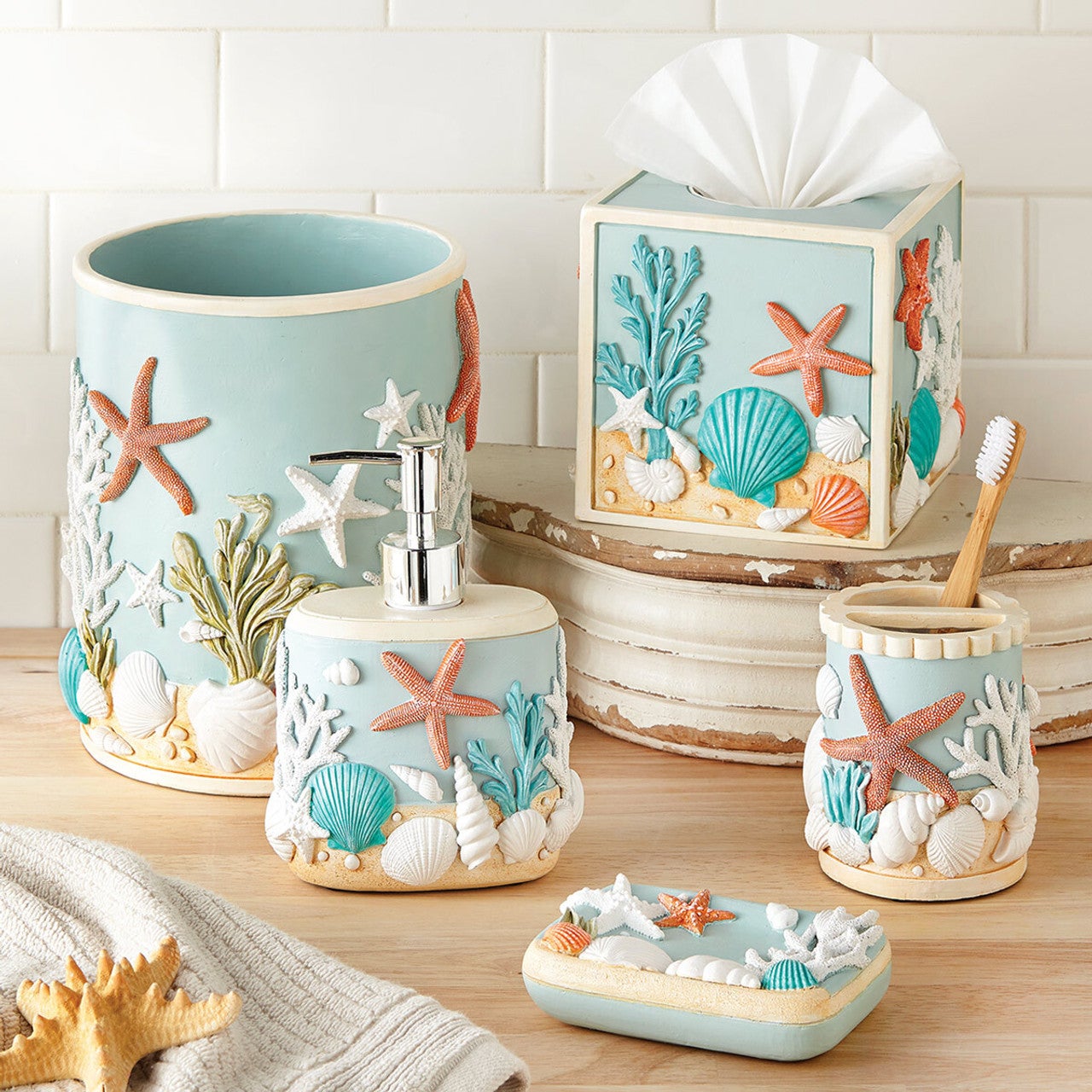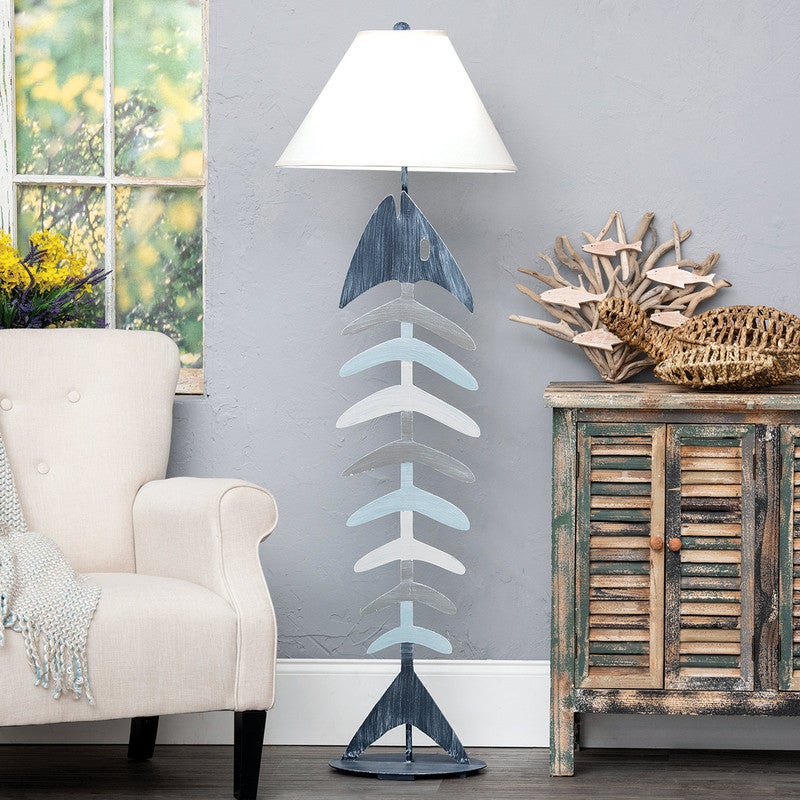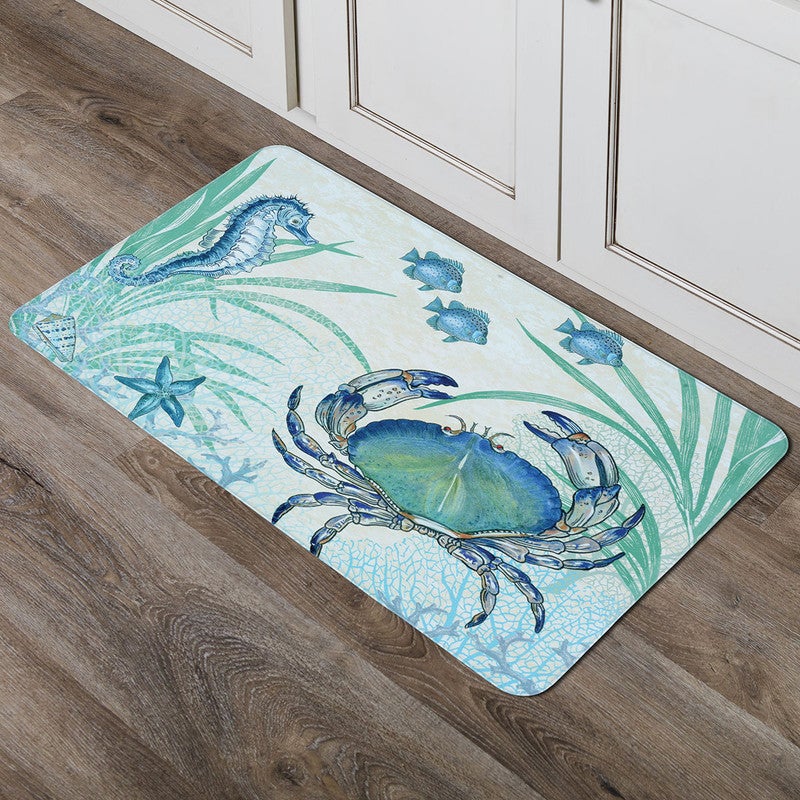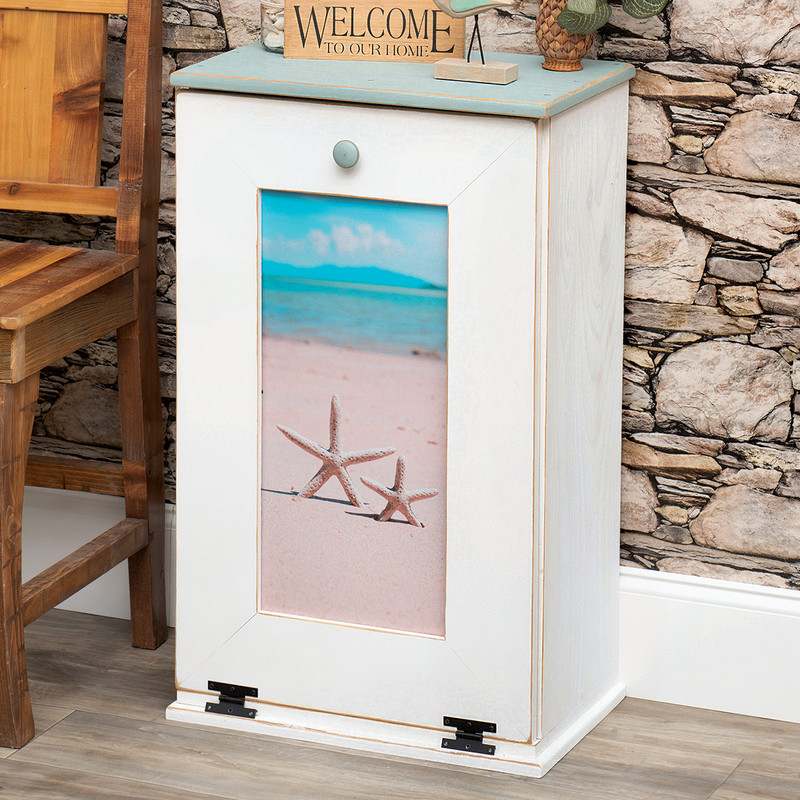Living with Nature: Best Practices for Safely Viewing Alligators
Apr 1st 2020
 Dinosaurs may have died out millions of years ago, but their descendants live on, and few species more closely resemble those ancient beasts than toothy, thick-skinned alligators. While dinosaurs were the undisputed masters of their domain, a lot has changed since an extinction-level event largely exterminated these mighty creatures.
Dinosaurs may have died out millions of years ago, but their descendants live on, and few species more closely resemble those ancient beasts than toothy, thick-skinned alligators. While dinosaurs were the undisputed masters of their domain, a lot has changed since an extinction-level event largely exterminated these mighty creatures.
Today, alligators are forced to coexist with humans, and in densely populated areas like Florida, this can spell disaster. Living with nature teaches us all to be wary since one wrong step can result in serious harm, or even death. When there are literally alligators in your backyard, what can you do to keep yourself and your family safe? Here are a few best practices for safely viewing and co-habitating with alligators.
Avoid Bodies of Water
Alligators prefer fresh water, which is why you should try to avoid getting too near the edges of lakes, ponds, rivers, canals, and other bodies of water. The majority of deaths related to alligator attacks occur when people are swimming in areas they shouldn't. Alligators are rarely found in salt water, but this can occur in times of drought.
Keep Your Distance
These predators can move surprisingly fast, even on land, and you don't want to test your speed against theirs. Alligators are opportunistic hunters that have been known to snatch pets, children, and even adults.
It was just a couple of years ago that an alarming attack made headlines when a gator killed a toddler in a lagoon near a Walt Disney World hotel. Just a couple of weeks earlier, a 72-year-old man in Lakeland, FL was killed by an alligator. Back in 2006, a 28-year-old woman in Sunrise, FL was killed while out jogging.
These are just some of the many stories of alligator attacks that resulted in fatality in recent years, and proximity to water is often a factor. It's especially important to keep children and pets away from water since they make for easier targets. Humans probably aren't an alligator's first choice of prey, but we can become food if we don't take precautions.
You should never be within twenty feet of an alligator. If you wish to view them up close, do so only with the aid of binoculars.
Don't Invite Trouble
One of the best ways to protect yourself and your family from incidents involving alligators is to observe safety precautions and avoid trouble. First and foremost: NEVER feed alligators. If you see others feeding them nearby, report the activity to police. Feeding them only encourages them to return to the area.
If you have seen alligators in or around your area, take the time to speak with neighbors or with your homeowners' associations about ways to protect everyone from potential attacks. Encourage neighbors to report sightings for the benefit of everyone in the area.
Fencing can be incredibly helpful at keeping gators out, and all swimming pools should be fenced, at the very least. If you live near water, make sure to fence your yard to keep gators out and keep pets and children safe.
You can also post signs at the edge of water warning of alligators and install dense landscaping at the edges of water to discourage gators from basking on the shore. These precautions can help you to keep alligators at bay and peacefully and safely cohabitate with them when you live in Florida.

















